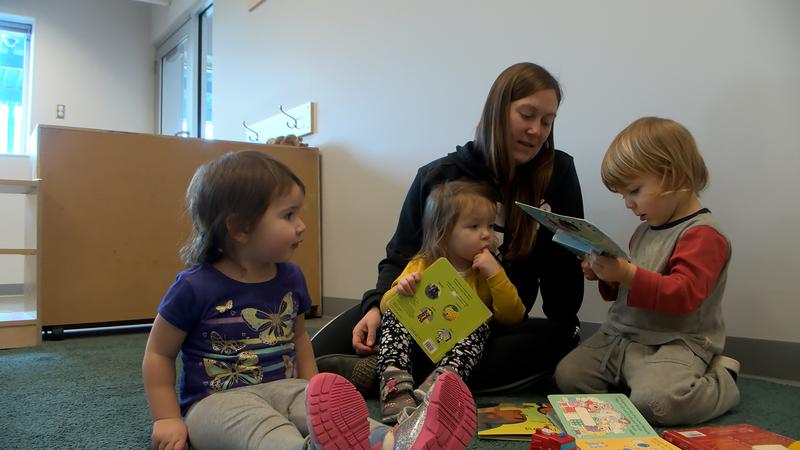
‘We are seeing more staff leaving than are joining;’ Early childhood education sector grapples with staffing
KAMLOOPS – According to a new report from Early Childhood Educators of B.C., 45 per cent of ECE centres in the province are losing more staff than they can hire.
The report credited low pay, lack of benefits and working conditions as the main causes for staff leaving the industry.
“We are seeing more staff leaving the sector than are joining the sector,” Susanne Butcher, executive director of Cariboo Childcare Society, told CFJC News.


